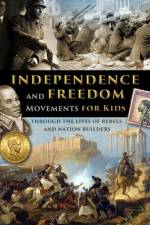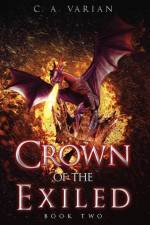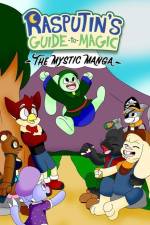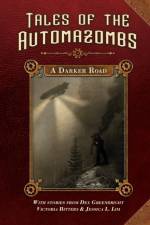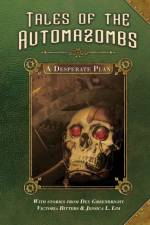von Fet
35,00 €
"Your country is an altar, not a pedestal," said José Martí. As we explore the whirlwinds of liberation movements around the world, my hope for this book is that it will prompt our kids to think about the value of civic commitment - the fact that our freedoms come at the cost of sacrifice - not only by previous generations, but also by every one of us.The heroes of this book are Toussaint Louverture (Haiti), Simón Bolívar (Latin America), Laskarina Bouboulina (Greece), José Martí (Cuba), Michael Collins (Ireland), Kemal Atatürk (Turkey), Mahatma Gandhi (India), Patrice Lumumba (Congo), and Fidel Castro (Cuba). The liberation movements they represent include anti-colonial and anti-slavery movements, anti-imperial wars of independence, as well as anti-monarchy and anti-dictatorship campaigns. Many of these fighters are controversial figures - viewed as heroes and liberators by some and as terrorists or war criminals by others. Without taking sides, we'll go through their stories, read testimonies of their contemporaries and biographers, smile at historical anecdotes about them, and try to see the real people behind the legends they have each become.As in other books of this series, we follow the traditional, 'heritage history' route of presenting historical events - history through the twists and turns of human lives, through their triumphs and disappointments, as opposed to the 'social studies' approach. And yet, I hope that through these histories of liberation movements and their fighters, my readers will be able to see the bigger picture and make their own conclusions about the unstoppable currents that make history happen. There are many parallels among liberation movements around the world that the reader will notice and reflect upon. For example,- What does it take for a freedom / independence movement to succeed?- Why do so many liberation movements end up in a civil war between different camps of freedom fighters?- Why do many freedom movement leaders end up betrayed or killed by their own comrades-in-arms?- What actions make freedom fighters 'controversial' figures - loved by some and hated by others?- What do freedom fighters gain and what do they sacrifice?


